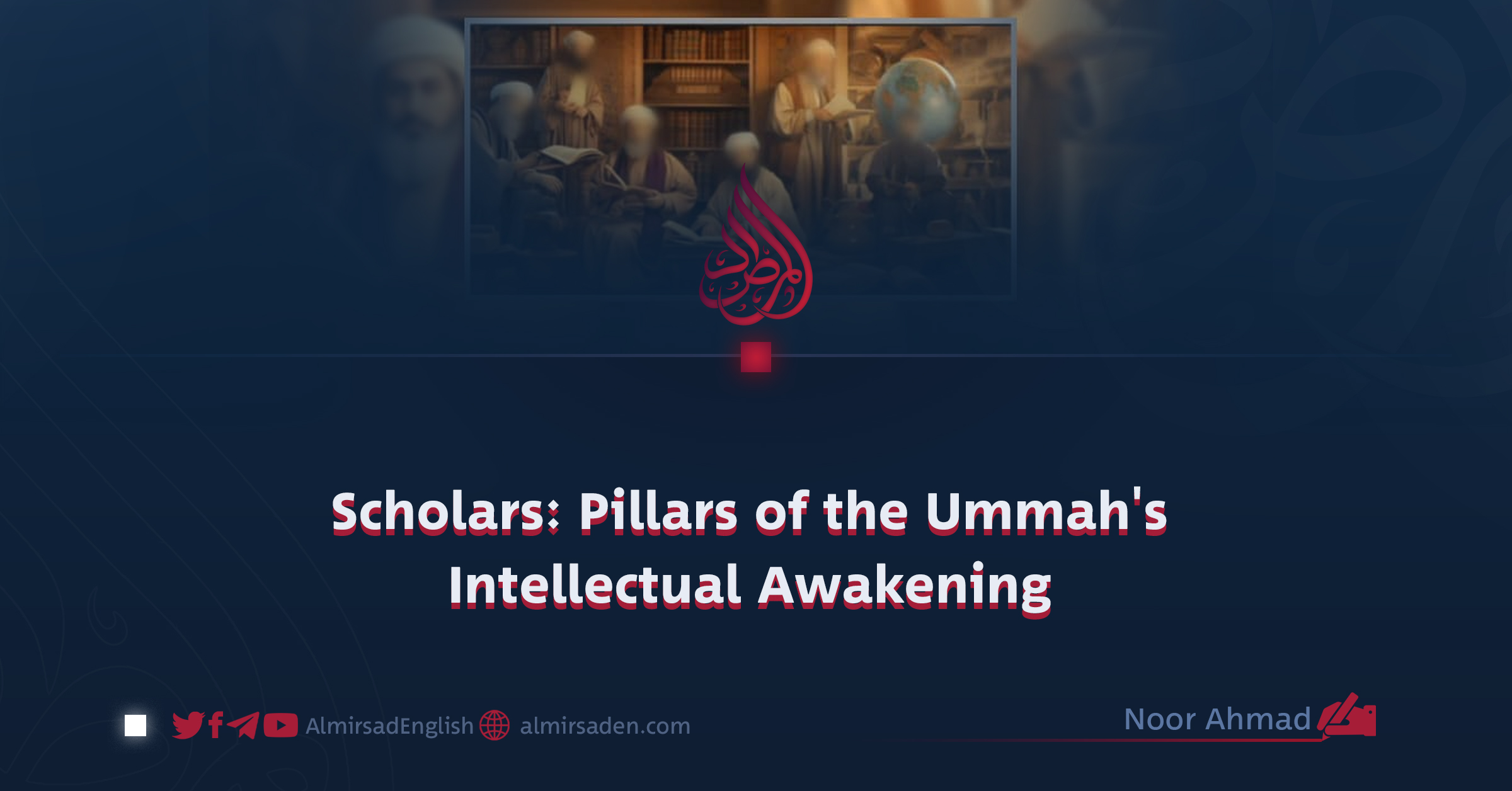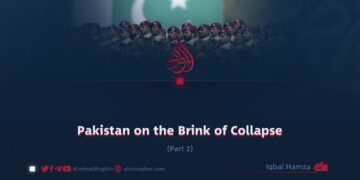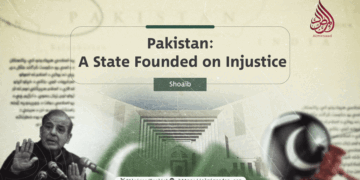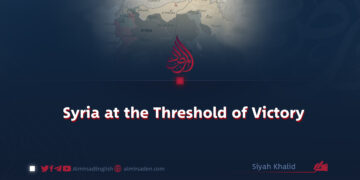By Noor Ahmad
In every Islamic society, scholars hold a position far greater than that of mere religious instructors. They are the architects of the community’s intellectual, moral, spiritual, and social life. As the true guides of the Ummah, they awaken hearts, illuminate minds, and nurture character. When a nation falls into moral decay, intellectual stagnation, or cultural disarray, it is the scholars who are called upon to rekindle its light and restore its sense of direction.
A well-known Hadith proclaims, “The scholars are the heirs of the prophets.” This inheritance is not limited to the transmission of sacred knowledge. It carries within it the duty to lead, to reform, and to awaken the conscience of the Ummah. The scholar’s foremost responsibility, therefore, is to provide the younger generation with a sound and balanced intellectual foundation, to protect them from misguided ideologies, moral confusion, and cultural alienation, and to acquaint them with Islam’s message of moderation and harmony. Such a mission cannot be achieved through preaching alone; it demands depth of understanding, sincerity of purpose, and a lifetime of thoughtful effort.
The Demands of the Time and the Role of Scholars
Today’s youth are confronted with a multitude of intellectual, political, and social challenges. Amidst instability, ideological fragmentation, and the cultural and intellectual onslaught of foreign influences, there is an urgent need for trustworthy, wise, and sincere scholars who can guide them toward truth and stability.
The Peril of Intellectual Vacuums
When scholars fail to engage with the realities of their age or lose touch with the generation that follows them, a dangerous void emerges. That vacuum is swiftly occupied by false ideologies, extremist movements, or purely materialistic philosophies. If the youth are left without a proper understanding of religion, or are exposed only to distorted interpretations, the moral and intellectual future of society becomes endangered.
Fulfilling the Scholarly Mission
To meet the challenges of the present age, scholars must reach beyond the pulpit and the madrasa. The mosque and traditional institutions remain vital, but they must be complemented by new tools such as social media, literature, and public dialogue. The language of religious guidance must evolve to speak to the hearts and minds of young people in a way that resonates with their realities. Advice should not come as cold rebuke; it should offer alternatives, build hope, and point toward constructive solutions.
Education and Preaching: A Sacred Trust
Schools, universities, and seminaries must become nurseries of both intellect and virtue. Scholars bear the sacred duty of cultivating a generation that is thoughtful, ethical, and spiritually aware. Their sermons and lectures should go beyond calls to worship; they must address the real questions and challenges facing modern Muslim societies. When religion is presented as a living, relevant guide that connects faith with daily life, young people are inspired to lead meaningful and purposeful lives. Such efforts sustain both intellectual vitality and the moral integrity of the community.
A Collective Responsibility
The mission of scholars is not confined to teaching or delivering sermons. It is a comprehensive intellectual and moral struggle that requires courage, wisdom, and perseverance. When scholars take this role seriously and offer genuine guidance to the youth, the Ummah remains protected from confusion and decline. But if they fail to do so, a perilous vacuum will open, threatening to erode the values of faith and lead generations astray. This is why scholars and youth alike must work together, united in awareness and purpose, to build a future grounded in faith, stability, and enlightenment.
The youth are the most valuable asset of Afghanistan and of the wider Islamic world. Their intellectual and moral formation rests in the hands of conscientious and enlightened scholars. If this responsibility is carried out with honesty, knowledge, and insight, not only one generation but the entire Ummah can be preserved from intellectual decay, cultural subjugation, and loss of identity. Such work breathes new life into the community and renews its sense of mission and meaning. It is therefore essential that scholars recognize the magnitude of their calling and devote themselves wholeheartedly to fulfilling this noble trust.



















































